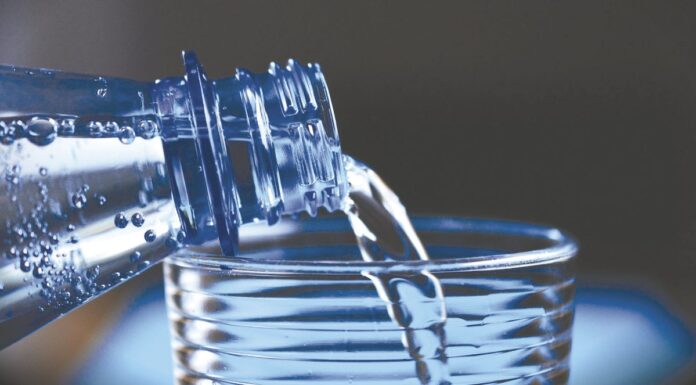HARLINGEN — Today or in the coming days, Waterworks customers will receive a card in the mail explaining the changes to the disinfectants used to treat the drinking water to all its customers.
For the month of October, Harlingen Waterworks will suspend its use of ammonia in the water. The intent is to restore the efficiency of the normal treatment process.
This temporary treatment change is a common procedure used in many public water systems throughout the country and is a way to “recondition” the system. It is not harmful and not a response to any problems in the water.
But, what does that mean for residents and users of water?
• Users may notice mild discoloration or additional chlorine odor and taste not usually present in the water. This is not harmful. Continue to use water as typical.
• Water is safe and will continue to be monitored to ensure it meets or exceeds all federal and state drinking water standards. About 80 percent of water systems in the U.S. use chlorine.
• People and businesses that normally take special precautions to remove monochloramine from tap water (dialysis centers, medical facilities and aquatic pet owners) should continue to take the same precautions during this temporary status.
HWWS General Manager Timothy Skoglund says the city hasn’t performed this procedure in quite some time, but it is done all across the Valley.
Chlorine only disinfects more aggressively than monochloramine, which is formed by combining chlorine with ammonia.
Monochloramine forms a longer-lasting disinfectant in the water system. Chlorine, by itself, though a stronger disinfectant, does not last as long and requires a higher dosage. It also reacts with naturally occurring compounds in surface waters to form byproducts that are undesirable when consumed over long periods of time.
Using the ammonia reduces the formation of these byproducts and is considered the safest for human consumption in the long run.
However, Skoglund says the temporary switch to chlorine prevents bacteria from developing resistance to the monochloramine normally used. This is a proactive effort that ensures an optimal level of disinfectant can be maintained in the water distribution system.
“This is for the long-term health of the system,” Skoglund said.
Important dates
On Oct. 2, Harlingen Waterworks will begin a 30-day improvement plan to recondition the system of pipes that deliver the water to the neighborhoods. During this time, HWWS will use chlorine only without ammonia.
On Nov. 1, HWWS will revert to the current method treating water.
What’s in your water?
Chlorine has been a standard disinfectant used in public water systems around the country for years and most systems continue to use chlorine exclusively. However, in recent years, some systems that obtain water from rivers or lakes have begun using ammonia together to further improve water quality.
The use of chlorine for water disinfectant is regarded as perhaps the greatest advancement in public health and the reason why water borne infectious diseases are extremely rare in properly maintained public water systems.
This will impact users in …
Harlingen
East Rio Hondo Water Supply Corporation
City of Palm Valley
Town of Combes
La Mirada Country Estates
Valley Baptist Medical Center
City of Primera




